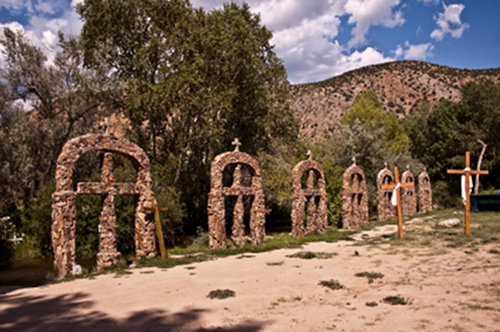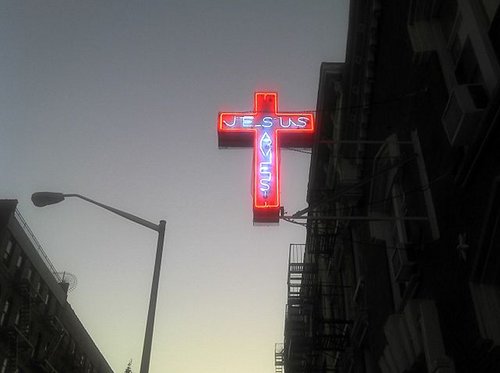But he was pierced for our transgressions, he was crushed for our iniquities; the punishment that brought us peace was on him, and by his wounds we are healed. (Isaiah 53:5)

Photo credit: ©iStockphoto/bullet69
If you read this verse and you’re not very familiar with the Bible, you might think that it came from the New Testament, because it seems it is talking about Jesus, right?
How about this one:
They pierce my hands and my feet. All my bones are on display; people stare and gloat over me. They divide my clothes among them and cast lots for my garment. (Psalm 22:16-18)
Doesn’t it look like a description of the crucifixion? It does. And that’s because it is.







